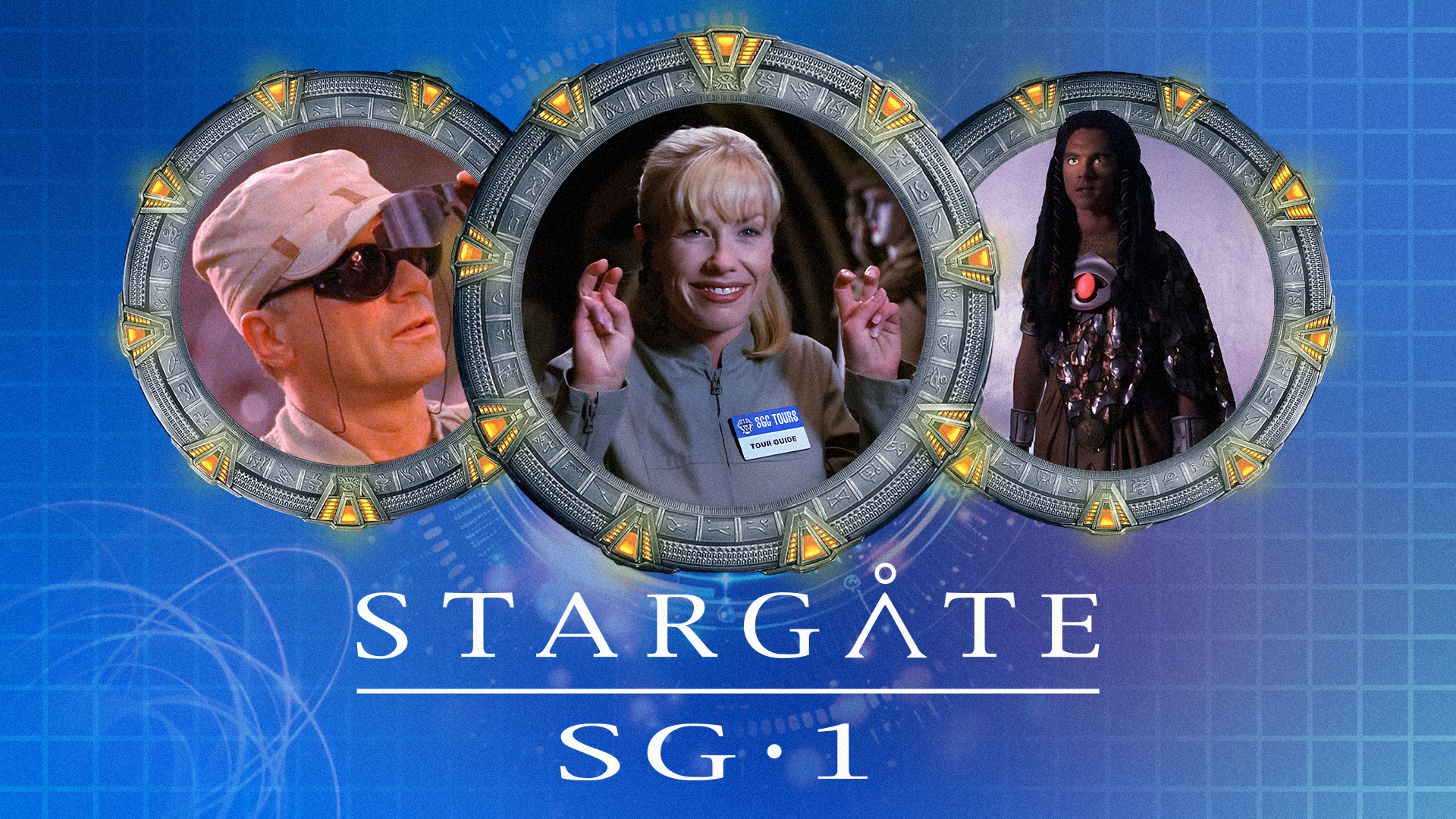ChatGPT’s agent can now do deep research for you

OpenAI has revealed another new agentic feature for ChatGPT called deep research, which it says can operate autonomously to “plan and execute a multi-step trajectory to find the data it needs, backtracking and reacting to real-time information where necessary.”
Instead of simply generating text, it shows a summary of its process in a sidebar, with citations and a summary showing the process used for reference.
Users can ask questions using text, images, and additional files like PDFs or spreadsheets to add context, and then it will take “anywhere from 5 to 30 minutes” to develop a response provided in the chat window, with promises that in the future it will also be able to include embedded images and charts. OpenAI also notes limitations for deep research, saying it can “sometimes hallucinate” and make up facts, struggle with telling the difference between authoritative info and rumors, and register how certain it should rate a response.
Developing ways for generative AI tools to be more useful and worth paying for is the future companies like OpenAI have promised for agents, and it claims that deep research is capable of operating at the level of a research analyst. The demo video included here begins with a request for info on changes in the retail industry over the last three years, with a response that includes bullet points and tables.
This feature closely follows OpenAI’s launch of Operator, a tool that can use a web browser to complete tasks for you, and is similar to the Project Mariner research prototype Google showed off in December. Google’s tool is not available to the public yet, but deep research is launching “with a version optimized for Pro users today.”
OpenAI is offering up to 100 queries per month for those paying the $200 monthly fee and “limited access” promised for Plus, Team, and eventually, Enterprise users, calling the ability “very compute intensive,” requiring more inference compute the longer it takes to research something. It also says that all paid users will get higher rate limits in the future when a faster, more cost-effective version is available.
A press release says that the model powering deep research scored a new high for accuracy on an AI benchmark dubbed “Humanity’s Last Exam,” which asks for responses to expert-level questions. The OpenAI deep research model reached an accuracy of 26.6 percent with browsing and python tools enabled, well above GPT-4o’s 3.3 percent, and the next highest scorer, its o3-mini (high) model evaluated only on text, at 13 percent.
Source link











